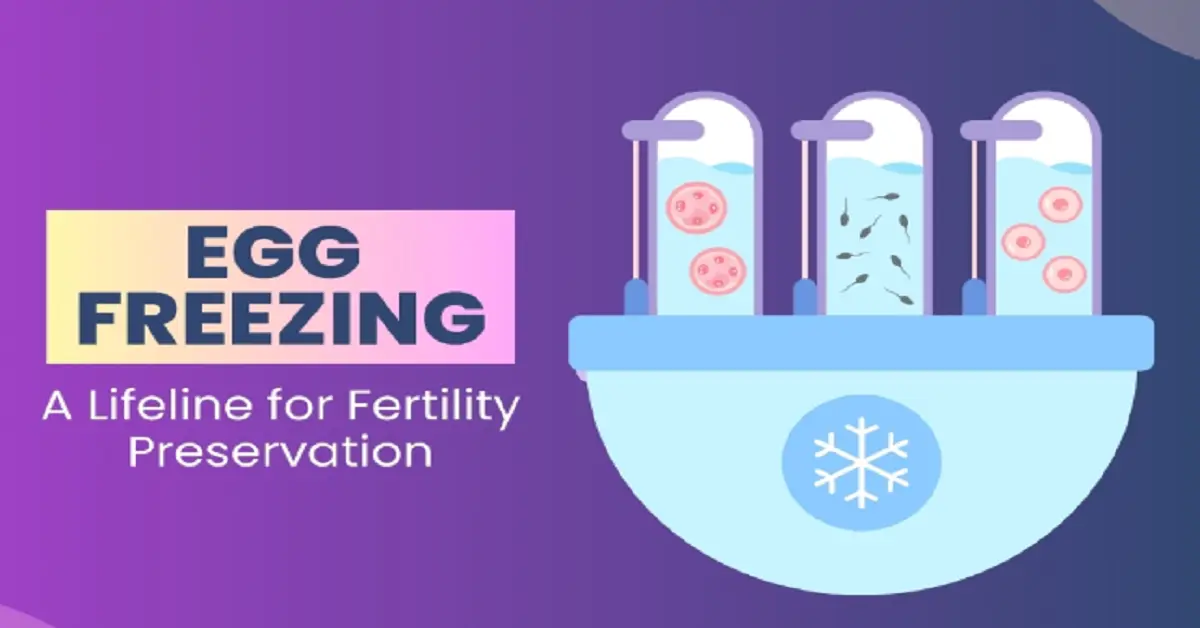For women trying to postpone childbearing, egg freezing—also referred to as oocyte cryopreservation—has grown in appeal. It lets women maintain their eggs at a younger age, therefore enabling their chance to have children later on. Those who prefer to concentrate on profession, education, or personal objectives before beginning a family may particularly find this choice intriguing. Medical technological developments recently have made egg preservation fertility more feasible and successful. Still, egg freezing has advantages and drawbacks, much as any medical operation does. These elements will be discussed in this article to enable people to make wise choices for their reproductive health.
Adaptability for Objectives both Personal and Professional
The freedom egg freezing gives in terms of family planning is among its most important advantages. Before thinking about children, many women nowadays are giving their jobs, education, and personal growth first priority. Freezing their eggs helps them to take their time reaching their objectives free from the constraint of a biological clock. This surgery lets women schedule for children when they feel ready to assume the duties of motherhood or when their finances are steadier. Knowing that one has viable eggs kept for possible use in the future gives one piece of mind through egg freezing.
Medical Reason Fertility Preservation
For women undergoing medical procedures or diseases that can damage their fertility, egg freezing is also a reasonable choice. Women undergoing chemotherapy or radiation treatment for cancer, for example, may have declining ovarian function which results in infertility. By preserving fertility, freezing eggs before beginning these therapies gives women the opportunity to have biological children down road.
Great Success Rates Using Younger Eggs
One of the main benefits of egg freezing is younger eggs usually produce better results. Younger age frozen eggs are more likely to be viable when thawed and fertilized going forward. Eggs kept their quality via the freezing procedure, and when applied in assisted reproductive technologies such as in vitro fertilization (IVF), they frequently result in better success rates of conception. Studies comparing women who froze their eggs in their 20s or early 30s to those who store eggs at an earlier age reveal a notably increased likelihood of successful conception later in life. Women’s naturally declining quality and number of eggs as they age may reduce their chances of conception.
Psychological and emotional advantages
Egg freezing offers many women a sense of comfort and control over their destiny for reproduction. Freezing eggs provides a protection against the unpredictability of fertility as one age. This can help to greatly lower tension and anxiety connected to the worry about not being able to have children later on. Knowing that they have eggs saved for future use helps women to concentrate on their professions, relationships, and other significant life decisions free from feeling as though their biological clock is running.
Accessibility and Cost
Egg freezing might be costly and not available to everyone, although its several advantages. Geographic location, medical facility, and the number of cycles required to get enough eggs all affect the cost of the operation. Apart from the cost of the egg retrieval procedure itself, women have to consider the expenditures for egg preservation, usually including annual storage fees. The significant expense of egg preservation might discourage many women. Most women have to pay for the operation out of them; insurance coverage for egg freezing is not common.
Among the several advantages egg freezing offers are flexibility for both personal and professional goals, preservation of fertility for medical purposes, and more odds of success when eggs are stored at a younger age. Women should carefully evaluate the advantages and restrictions of their future family planning choices. In the end, egg preservation fertility presents a great possibility; yet, one must have reasonable expectations and understand the difficulties involved.
